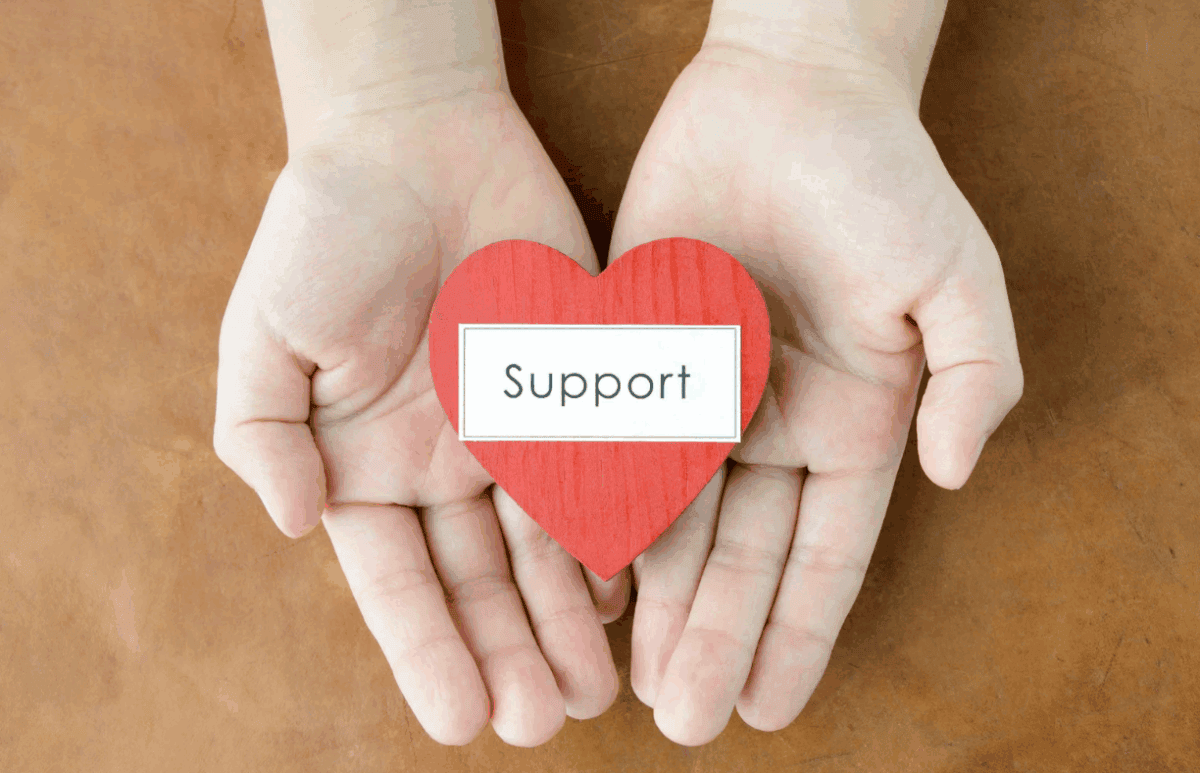Have you ever left a doctor’s office with a treatment plan but still felt overwhelmed or alone? Physical health gets most of the attention when we talk about care, but our emotional health matters just as much. Medical care treats the body, but emotional support takes care of our thoughts, feelings, and stress. When we focus on both, people have a better chance of truly feeling better, inside and out.
In this blog, we will share why emotional support plays a key role in the healing process and why it deserves equal attention as medical treatment.
The Link Between Mental and Physical Health
Our minds and bodies are connected. When someone experiences emotional stress, it can affect how their body heals. For example, people who feel anxious or depressed may have a harder time following medical advice or managing pain. Their recovery may take longer, and they may feel more frustrated. The emotional stress becomes a barrier to physical healing, making it harder for the body to get better.
On the other hand, when someone feels emotionally supported, they are more likely to stay calm, make healthy choices, and believe in their ability to recover. That support could come from family, friends, or even a therapist. Feeling heard and understood can improve sleep, reduce anxiety, and even lower blood pressure.

Support Builds Confidence and Motivation
When someone is going through a tough medical experience, they often feel scared or helpless. Emotional support helps people feel stronger and more in control. A kind word, a helpful conversation, or simply someone being there can boost a patient’s confidence. When people believe they can handle their challenges, they’re more likely to stick with treatments and follow healthy habits. This confidence plays a big role in how well they manage their health.
For those studying mental health, emotional support is a key topic. Programs like an MSW online (Master of Social Work) help future professionals learn how to guide people through emotional challenges. Students in these programs focus on the importance of listening, offering kindness, and creating strong support systems. Emotional care is not just about comfort—it is about helping people feel strong enough to keep going.
Healing Is Not Just Physical
Medical care focuses on treating symptoms, managing pain, and fixing physical problems. But healing is about more than taking medicine or going to physical therapy. A full recovery also involves feeling safe, calm, and hopeful. Emotional support helps fill that gap. When people can talk about what they’re feeling, they begin to feel less burdened. Emotional healing happens when people feel seen, valued, and cared for during their most vulnerable times.
Hospitals and clinics can sometimes feel cold or stressful. Without emotional care, a person may follow the treatment plan but still feel empty or alone. That kind of stress can weigh heavily on their ability to recover. Emotional support softens the experience and reminds people they’re not facing their illness alone. It creates an environment where true healing—both physical and emotional—can happen side by side.
Better Communication Improves Outcomes
When emotional support is present, communication between the patient and the healthcare provider improves. Patients feel safer to ask questions, speak up about symptoms, and share concerns. This open dialogue helps doctors and nurses better understand what the patient needs. Misunderstandings can be cleared up early, and treatment plans can be adjusted if something isn’t working. Emotional trust leads to more honest and helpful conversations.
People who feel supported are more likely to show up for appointments and follow instructions. They take a more active role in their health journey. When patients feel like someone is listening and cares about their overall well-being, they are more engaged. This engagement helps prevent problems from becoming bigger and builds a stronger relationship between the patient and the healthcare team.
Emotional Support Reduces Feelings of Isolation
Illness can be very lonely. Even if friends and family are around, someone who is sick might still feel misunderstood or alone. Emotional support bridges that gap. When people feel emotionally connected, they feel less isolated. This connection reminds them that they matter and that others care about what they’re going through. Having someone to talk to during recovery can make a world of difference.
Support groups, counseling, or even just regular phone calls from a friend can ease feelings of loneliness. These simple acts of care help people feel part of a community. Isolation can increase feelings of sadness or fear, which may slow down recovery. But emotional support brings in light and warmth, giving patients hope and strength to keep going.

Caregivers Need Support Too
While we often focus on the person who is sick, we must not forget the people who take care of them. Caregivers—whether they are family members or professionals—carry a heavy emotional load. They may feel tired, worried, or guilty. If caregivers do not get emotional support, they risk burnout, which affects the quality of care they can give. Taking care of their emotional health is just as important.
Support for caregivers might look like counseling, peer groups, or short breaks to rest. Emotional support helps them process their feelings, manage stress, and stay strong. When caregivers are emotionally well, they are more patient, kind, and capable. Their ability to support the patient improves. Both patients and caregivers benefit when emotional care is part of the overall health plan.
In conclusion, good health is about more than medicine. Emotional support plays a powerful role in recovery and long-term well-being. It helps people feel stronger, less alone, and more willing to care for themselves.
Whether it comes from loved ones, professionals, or support groups, emotional care brings light to the darkest moments. As we continue to improve healthcare, we must always remember that healing begins not just with treatment—but with understanding, connection, and care.


